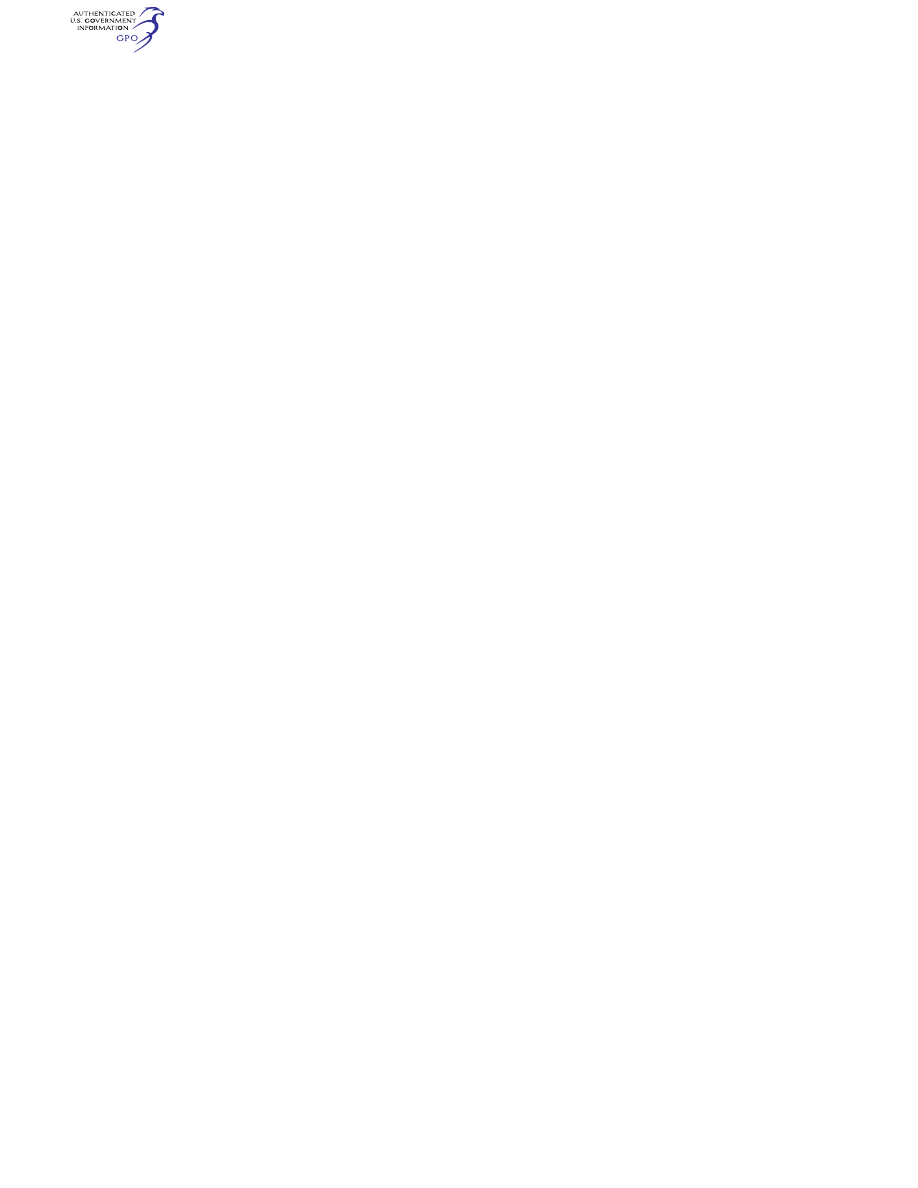
269
Federal Aviation Administration, DOT
§ 25.681
(b) The design of the stability aug-
mentation system or of any other auto-
matic or power-operated system must
permit initial counteraction of failures
of the type specified in § 25.671(c) with-
out requiring exceptional pilot skill or
strength, by either the deactivation of
the system, or a failed portion thereof,
or by overriding the failure by move-
ment of the flight controls in the nor-
mal sense.
(c) It must be shown that after any
single failure of the stability aug-
mentation system or any other auto-
matic or power-operated system—
(1) The airplane is safely controllable
when the failure or malfunction occurs
at any speed or altitude within the ap-
proved operating limitations that is
critical for the type of failure being
considered;
(2) The controllability and maneuver-
ability requirements of this part are
met within a practical operational
flight envelope (for example, speed, al-
titude, normal acceleration, and air-
plane configurations) which is de-
scribed in the Airplane Flight Manual;
and
(3) The trim, stability, and stall char-
acteristics are not impaired below a
level needed to permit continued safe
flight and landing.
[Amdt. 25–23, 35 FR 5675 Apr. 8, 1970]
§ 25.675
Stops.
(a) Each control system must have
stops that positively limit the range of
motion of each movable aerodynamic
surface controlled by the system.
(b) Each stop must be located so that
wear, slackness, or take-up adjust-
ments will not adversely affect the
control characteristics of the airplane
because of a change in the range of sur-
face travel.
(c) Each stop must be able to with-
stand any loads corresponding to the
design conditions for the control sys-
tem.
[Doc. No. 5066, 29 FR 18291, Dec. 24, 1964, as
amended by Amdt. 25–38, 41 FR 55466, Dec. 20,
1976]
§ 25.677
Trim systems.
(a) Trim controls must be designed to
prevent inadvertent or abrupt oper-
ation and to operate in the plane, and
with the sense of motion, of the air-
plane.
(b) There must be means adjacent to
the trim control to indicate the direc-
tion of the control movement relative
to the airplane motion. In addition,
there must be clearly visible means to
indicate the position of the trim device
with respect to the range of adjust-
ment. The indicator must be clearly
marked with the range within which it
has been demonstrated that takeoff is
safe for all center of gravity positions
approved for takeoff.
(c) Trim control systems must be de-
signed to prevent creeping in flight.
Trim tab controls must be irreversible
unless the tab is appropriately bal-
anced and shown to be free from flut-
ter.
(d) If an irreversible tab control sys-
tem is used, the part from the tab to
the attachment of the irreversible unit
to the airplane structure must consist
of a rigid connection.
[Doc. No. 5066, 29 FR 18291, Dec. 24, 1964, as
amended by Amdt. 25–23, 35 FR 5675, Apr. 8,
1970; Amdt. 25–115, 69 FR 40527, July 2, 2004]
§ 25.679
Control system gust locks.
(a) There must be a device to prevent
damage to the control surfaces (includ-
ing tabs), and to the control system,
from gusts striking the airplane while
it is on the ground or water. If the de-
vice, when engaged, prevents normal
operation of the control surfaces by the
pilot, it must—
(1) Automatically disengage when the
pilot operates the primary flight con-
trols in a normal manner; or
(2) Limit the operation of the air-
plane so that the pilot receives unmis-
takable warning at the start of takeoff.
(b) The device must have means to
preclude the possibility of it becoming
inadvertently engaged in flight.
§ 25.681
Limit load static tests.
(a) Compliance with the limit load
requirements of this Part must be
shown by tests in which—
(1) The direction of the test loads
produces the most severe loading in the
control system; and
(2) Each fitting, pulley, and bracket
used in attaching the system to the
main structure is included.
VerDate Sep<11>2014
09:06 Jun 28, 2024
Jkt 262046
PO 00000
Frm 00279
Fmt 8010
Sfmt 8010
Y:\SGML\262046.XXX
262046
jspears on DSK121TN23PROD with CFR